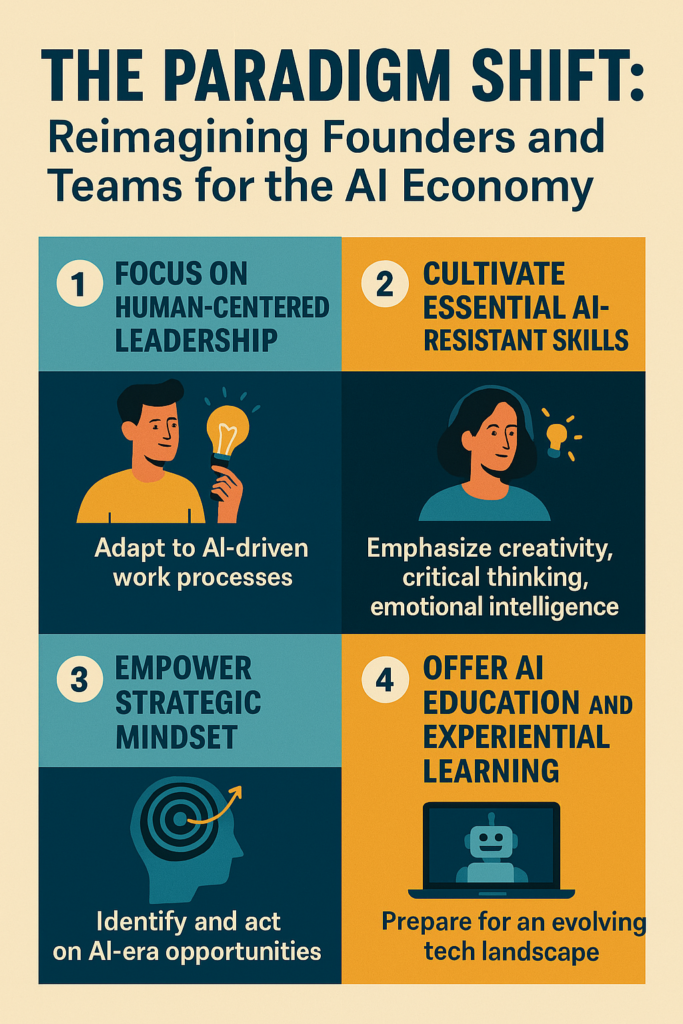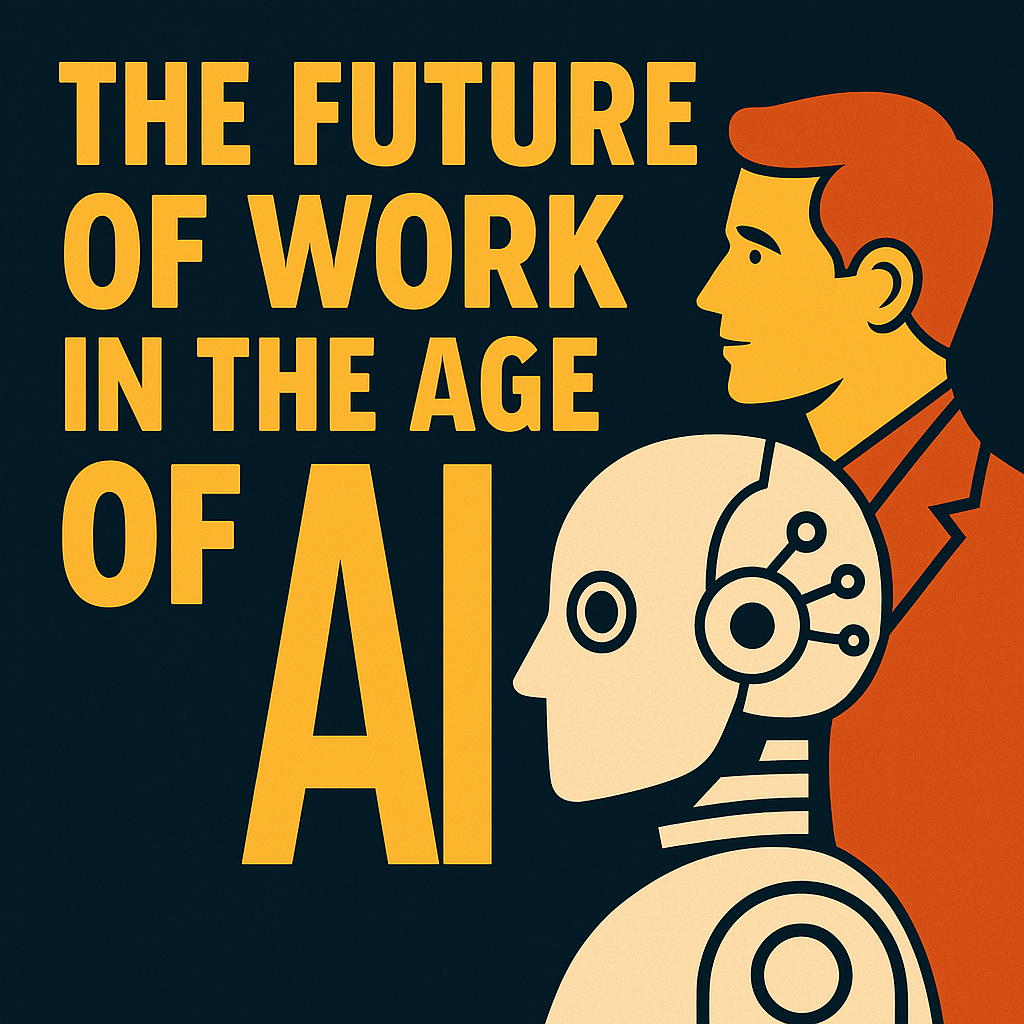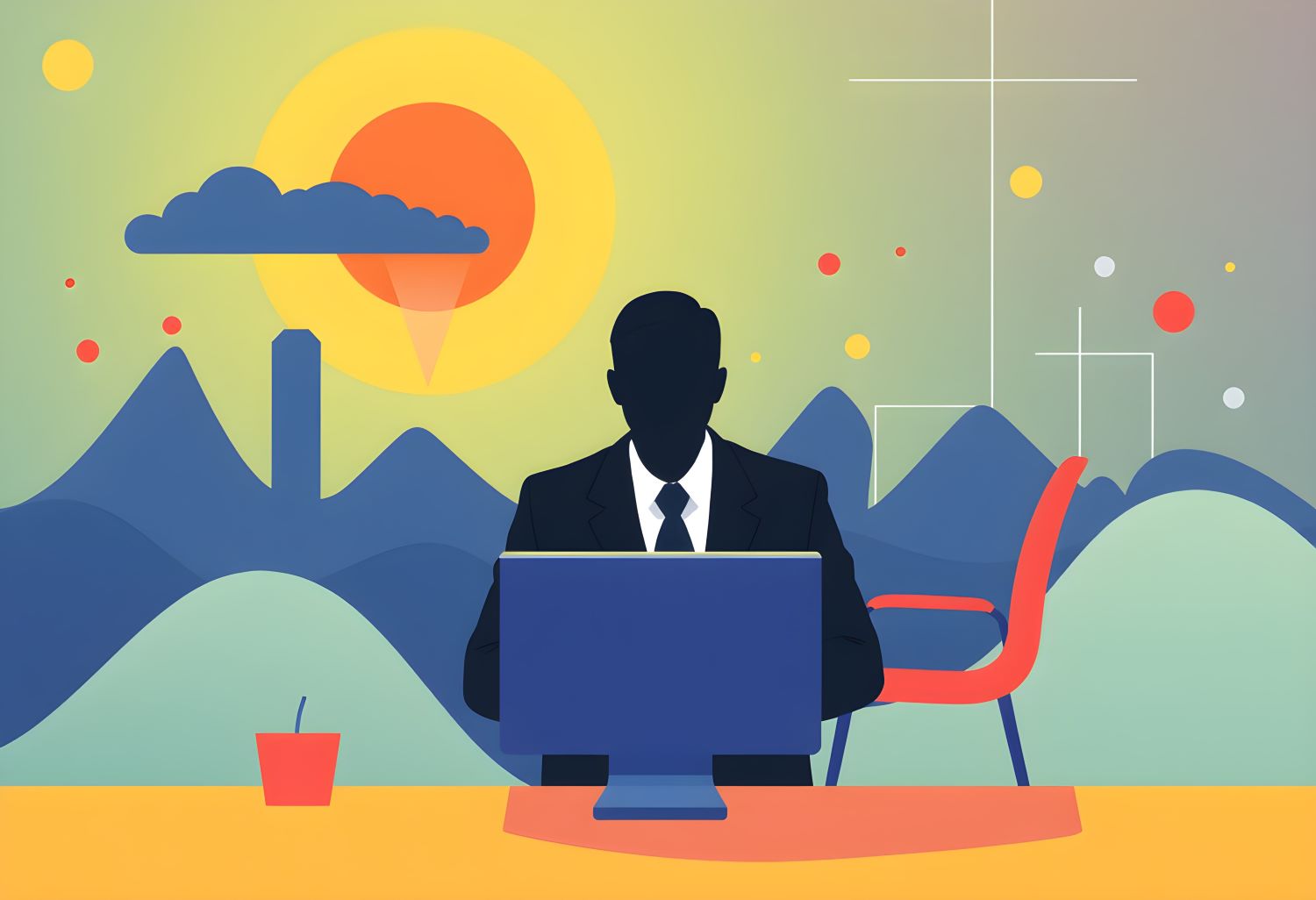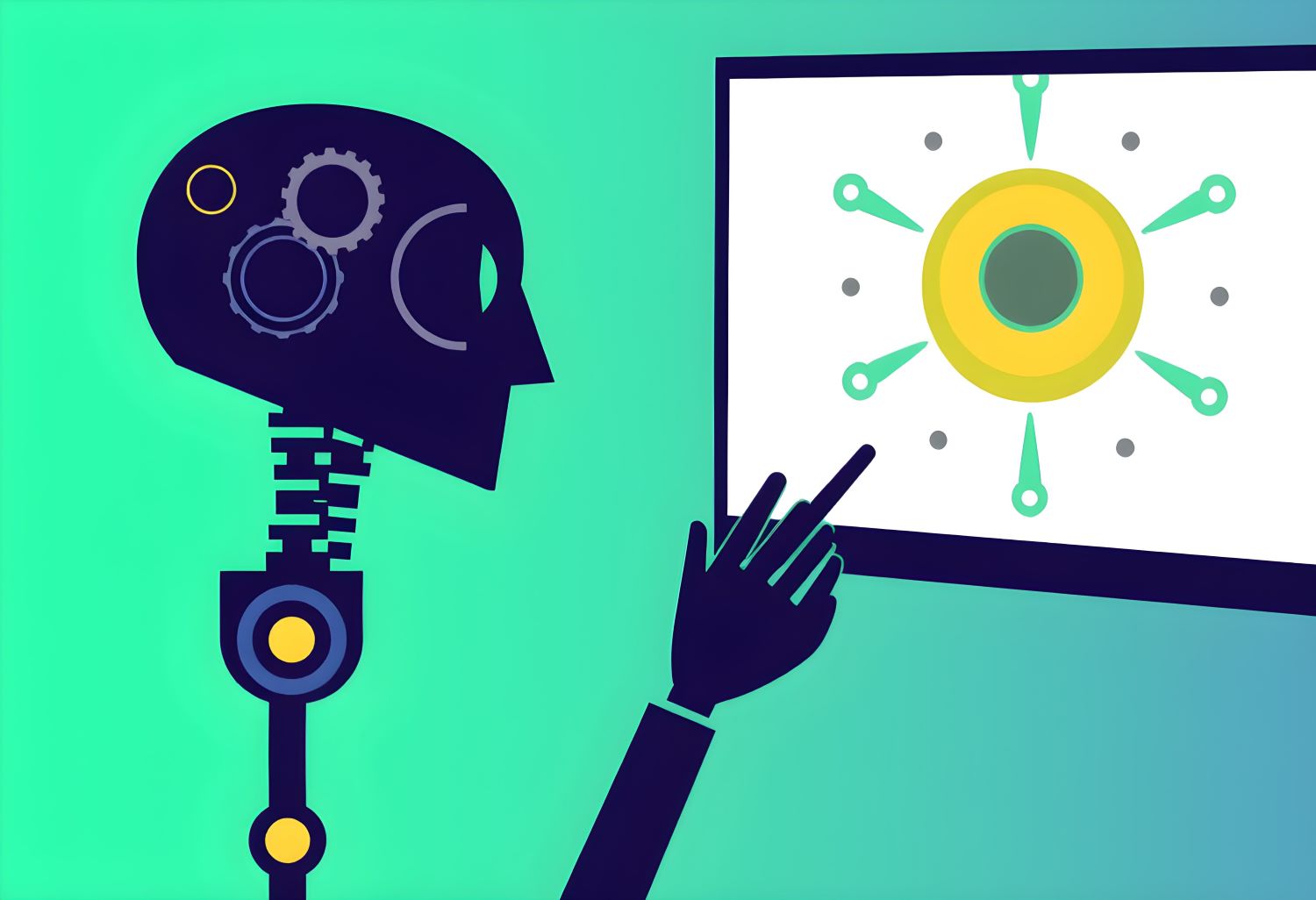In the fast-evolving landscape of AI, founders face a paradox: while it’s never been easier to build products, it’s never been harder to build teams that can truly keep up.
The traditional playbook—hire for pedigree, plug into static roles, scale through replication—is quietly crumbling. As AGI inches closer and tools like LLMs become near-ubiquitous, startups that once won through speed or code will need something else entirely: learning agility, systems thinking, and minds that can synthesize complexity in real time.
Startups Are Becoming Intelligence Amplifiers
The core function of a startup has always been to do what big companies can’t: move fast, adapt, and innovate from first principles. But as AI begins to do most of the “doing,” what remains is the “thinking.” And this is where many teams break down.
The most successful founders today aren’t necessarily the most technical. They’re the ones who recognize that their primary job is to build intelligent systems—and that includes human systems capable of critical thought, not just execution.
If you’re still hiring based on yesterday’s degree or experience checkboxes, you may be missing the point. In the AI era, execution is increasingly automated. Thinking is not. There is always another abstract level of thought that can be assembled on top of another.



The New Startup Superpower: Meta-Learning
Meta-learning—the ability to understand how you learn, adapt, and solve novel problems—is fast becoming the most valuable trait a team can have. This is not about technical reskilling; it’s about rewiring how people think.
The founders who get this are building internal systems of learning. They aren’t just setting KPIs; they’re embedding reflection loops, encouraging epistemic humility, and rewarding abstraction and synthesis.
These aren’t just nice-to-haves. They’re survival strategies.

A Founder’s Blind Spot: Static Brilliance in a Dynamic World
Many early hires are brilliant on paper. But brilliance becomes a liability when it’s rigid. In a world where the tools evolve faster than your onboarding process, you need people who can think their way into new terrain, not just operate in old maps.
The question is no longer: Can they do the job? The question is: Can they think their way through a job that doesn’t exist yet?

From Credentials to Cognitive Agility
The founders ahead of the curve are already shifting their lens:
- From fixed roles to modular thinkers.
- From siloed specialists to adaptive generalists.
- From degrees to discernment.
They’re not just scanning resumes. They’re looking for signs of resilience, abstract thinking, and curiosity that compounds.
A New Kind of Infrastructure: The Thinking Stack
Think of your team as a stack.
- The bottom layer is tools (increasingly AI-powered).
- The middle is processes.
- The top is minds.


If your tools are evolving but your minds are static, you have a fragile system. But if your people are evolving faster than the tools, you’re antifragile.
Building this kind of team means treating learning like infrastructure. It means making thinking a measurable part of your company’s culture.

So Where Do You Start?
One of the most common questions I hear from founders is: “Where do I find people who can keep up with the pace of change?” The real answer? You don’t just find them—you shape the conditions that grow them.
That means rethinking your talent systems. We need less focus on traditional credentials and more investment in learning agility, metacognition, and abstract thinking.
Some founders build this culture in-house. Others tap into emerging ecosystems—like Lemma Alpha—that are already engineering minds for a world where AI can do everything except think for you.

Conclusion: Stop Searching for the Best People
Start building the most future-ready minds.
The future of work isn’t just about skill. It’s about self-awareness. It’s about being able to partner with AI without losing the spark of human originality.
Founders who understand this will stop trying to out-code the machines and start designing organizations that think deeper, move faster, and adapt smarter.
The paradigm has shifted. The question is: have you?
Massih Medi is a physicist-turned-entrepreneur and founder of Lemma Alpha, an AI-powered education platform equipping learners with future-proof skills for the post-AI era. He’s focused on education designed for the artificial super intelligence era, providing students with AI-driven critical skills training tailored for the evolving job market. He also leads D&C Innovation, where he guides software engineering teams in building and maintaining applications for tech startups, leveraging his scientific background to design and architect complex digital solutions.


